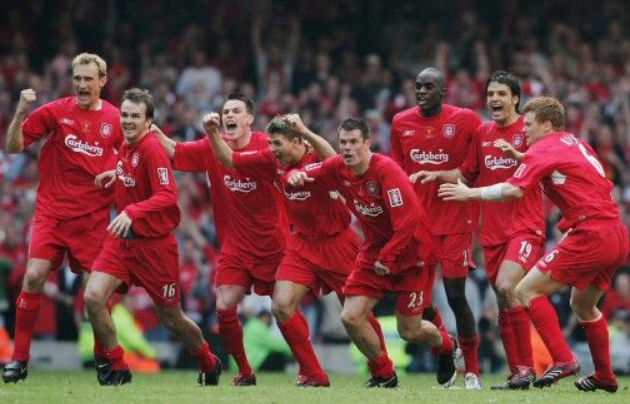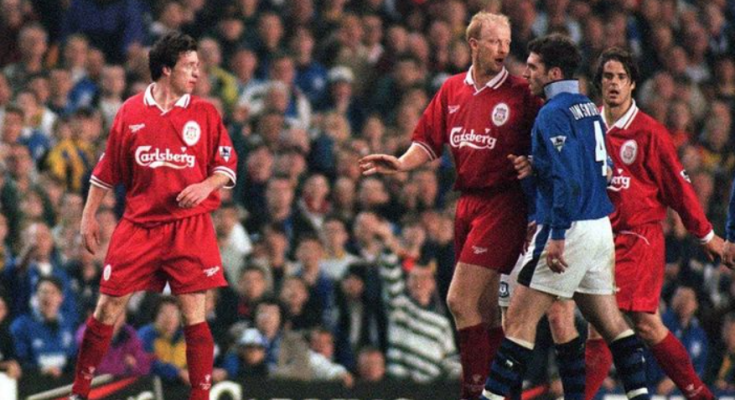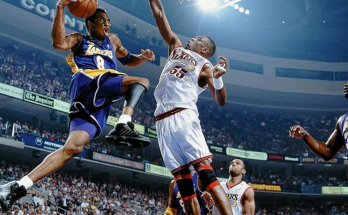Football derbies are electric. They’re loud, tribal, chaotic—and absolutely intoxicating. That’s why they’re some of the worst matches to bet on blindly. Whether it’s the North London Derby, El Clásico, the Superclásico in Argentina or a heated Istanbul clash, the same forces apply: logic goes out the window, pressure rises, and form often evaporates.
Bettors frequently fall into emotional traps in these fixtures. They lean into club loyalty, historical scores, or raw hype. But if you want to find an edge in these games, you need to detach entirely. Derbies are information-heavy but emotionally noisy. Your job is to find clarity while everyone else is caught in narrative.
Key Differences Between Derby Betting and Standard Matches
| Aspect | Normal Fixture | Derby Match |
| Form Relevance | High—recent results guide lines | Medium—tension levels override sharpness |
| Crowd Influence | Minimal unless hostile | Extreme—hostility often shifts momentum |
| Card Frequency | Average 3–4 | Often 6+ due to fouls, protests, retaliation |
| Goal Timing | Structured—first-half setup often calmer | Unpredictable—early chaos or late eruptions |
| Market Movement | Logical, based on stats and injuries | Often driven by media narrative and fan money |
These changes make derbies harder to predict through standard metrics alone. A clear tactical mismatch might not manifest if the underdog is fuelled by atmosphere and adrenaline.

How to Stay Rational When the Stadium Isn’t
Know the Line Movement Traps
Derby odds shift more on emotion than data. Late surges in betting often come from loyal fans backing their side without analysis. Recognise this flow and fade the noise—especially if the favourite drifts for no tactical reason.
Don’t Bet What You Can’t Emotionally Hedge
If you support one of the clubs involved, skip the bet or bet in the opposite direction. Bias clouds judgment. If you’d be upset by both a lost bet and a lost match, the wager isn’t worth it.
Undercard Value Is Real
While the 1X2 line is usually sharp, props like “Both Teams to Score”, cards markets, or total corners offer more exploitable inefficiencies. Card lines, in particular, often rise late—smart bettors get in early before emotional momentum moves them.
Know the History—but Don’t Worship It
It’s tempting to overvalue historical dominance. But in derbies, history can be misleading. Squad rotation, injury lists, and recent tactical shifts matter far more than who won three years ago.
Treat Derbies as Tactical Data Disruptors
Don’t overuse your model here. Even solid xG-based predictions often fail in derby scenarios where emotion leads to irrational decisions. Adjust your expectations for variance.
Example Derby Markets with Better Angles
| Fixture | Primary Market | Smarter Alternative | Why It Works |
| Galatasaray vs Fenerbahçe | 1X2 | Over 5.5 cards | Match often boils over with 6–9 bookings |
| Lazio vs Roma | Lazio DNB | Under 2.5 goals | Tight, foul-heavy fixtures limit chances |
| River Plate vs Boca Juniors | Over 2.5 goals | First half cards – Over 2.5 | Early aggression drives card count |
| Celtic vs Rangers | Rangers AH +0.5 | Rangers corners Over 4.5 | Rangers often win corners even in tough losses |
By looking away from traditional outcomes, you gain access to markets where pricing is softer and emotional betting hasn’t warped the line yet.
Where Discipline Pays
If there’s one football scenario where emotional control equals value, it’s the derby. It’s not just about resisting passion—it’s about seeing where others have lost theirs. Treat the fixture as volatile, not predictable. Accept that variance is high and that winning means stepping away from hype, crowd noise, and history.
The smart bettor watches the fire—but never steps into it.



